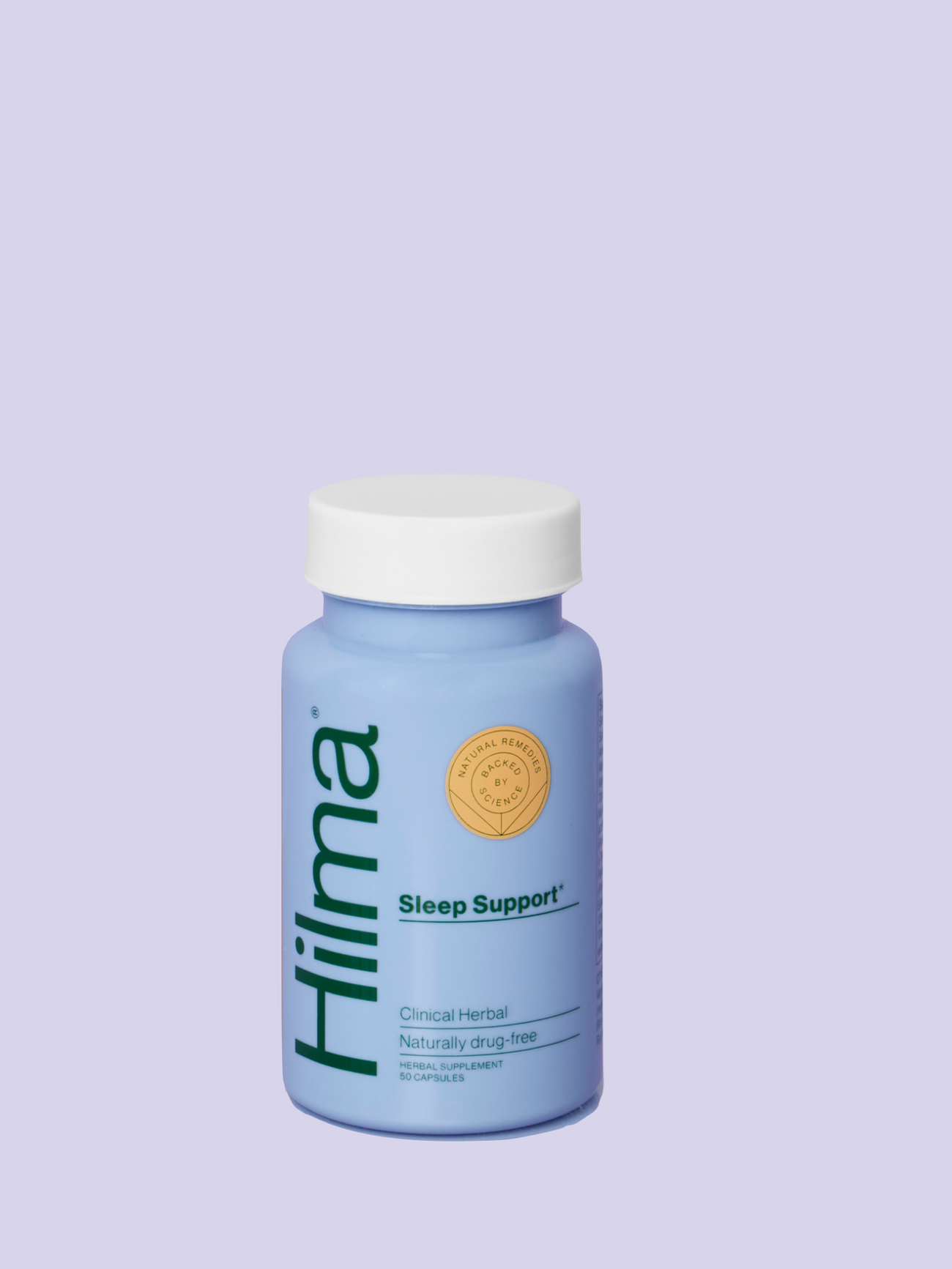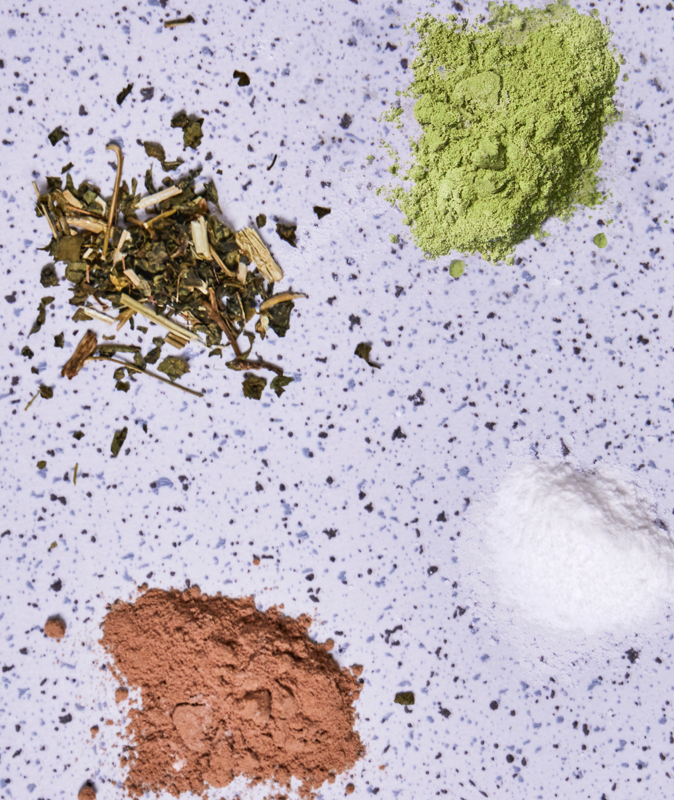
Have you ever been traveling and found yourself in an anxiety spiral about jet lag before you even touch down? You're not alone!
We sat down with PhD Dr. Nicole Marcione to better understand how anxiety and sleep are related. Here's wha she had to say!
How does sleep quality affect anxiety and vice versa?
We’ve probably all experienced a night (or a few) of sleeplessness and then start to get anxious over if we’ll ever sleep well again. On the flip side, we have probably all experienced times of high stress and anxiety which kept us from falling asleep or sleeping well. When we are sleeping, although it seems like our body is doing “nothing” and only resting, a lot of things are happening physiologically: repair, learning, cleaning, organizing, building and breaking down. The better our sleep quality, the better our brain and body can function while we’re awake, including producing the needed neurotransmitters and hormones that help us feel good and energized.
Can you explain the high level science behind how they are connected?
There are a few pathways in which sleep and anxiety are connected. I’ll highlight the one I think is at the forefront of what I am seeing with many people I work with. It all comes back to our nervous system, in particular the sympathetic nervous system, aka “fight/flight/freeze/fawn”. Most of us live in a society where our systems are constantly being triggered to be on “high-alert” all of the time. Traffic, unanswered emails, kids’ homework, unfulfilling relationships or jobs, finances… The list goes on and on. If we are constantly in this chronic stress pattern, we turn on and activate our sympathetic nervous system. When this system is “on”, it shuts down anything that isn’t necessary for survival. It shuts down the parasympathetic nervous system, aka “rest/digest/heal”. If we were truly in a survival situation (outrunning a bear or jumping out of the way of a truck), we would definitely not want our bodies to worry about resting, we want our bodies to be ready, alert and anxiously awaiting for anything else that might be harmful. So the anxiety and worry that comes with stress is a “normal” reaction. It’s like they have a buddy system: anxiety, worry and stress, oh my! When these “buddies” get together, sleep is the absolute last thing they want our bodies to do. This can become a vicious cycle as anxiety and stress lead to no sleep and not sleeping leads to more anxiety both on a physical and emotional level.
Why does anxiety have a tendency to flare up as we go to sleep?
As humans, we are very good, experts actually, at ignoring all the signals our body is giving us. We are so busy during the day that we barely have time to eat or even use the bathroom, let alone become aware of what may be causing us stress and worry in our daily lives. Then, just around bedtime, when things are quiet, the kids are in bed, the emails closed, and our head hits the pillow, BAM! Our anxious thoughts and feelings flood our system. Our mind and body think “oooh, now’s a great time we can be heard and without any distractions.” Once those thoughts and worries come marching into our conscious brain, it’s so difficult to turn it off, which then makes it almost impossible to fall asleep.
How do you know if anxiety is causing lack of sleep, or vice versa, or something else is causing lack of sleep? Any signs to watch out for?
As a trained research scientist, I’m always on the lookout for data, patterns and observations. The best approach is to treat yourself as an experiment, n=1. If you are experiencing both anxiety and lack of sleep, I would have you start writing down in a journal or your Notes App each day how you are feeling and how your sleep was. You will start to notice patterns… certain conversations, arguments, activities, certain foods or drinks, eating or drinking too late, scrolling, watching the news before bed. One of my clients didn’t realize that chocolate has caffeine in it, and was eating a piece almost every night, wondering why she couldn’t sleep which was causing her to stress out about sleep. Once she stopped eating the chocolate near bedtime, it was easier to fall asleep. Sometimes the solutions are more complicated than that example, but sometimes the solution is that simple; there just needs to be some investigation.
Why is a natural approach important to managing sleep + anxiety?
Unfortunately we are living in an epidemic of mental health crises. I hardly talk to anyone who hasn’t experienced some anxiety, stress or sleep disturbance that has impacted their daily life and behavior. Most doctors (not all, but many) are all too quick to write a prescription for sleeping pills and/or anti-anxiety/depression pills (which can lead to dependency and self-judgment), when many times simple behavioral changes are what can help. Of course, I’m not saying that drugs shouldn’t be prescribed; sometimes they are absolutely necessary. It’s just in today’s medical environment, drugs are offered as the only option.
What herbs/natural ingredients can help support sleep?
Serotonin, chamomile, certain forms of magnesium, L-theanine, reishi mushroom, valerian root.
What herbs/natural ingredients can help support anxiety?
Ashwagandha, rhodiola, tulsi, lavender, lemon balm. Also reducing processed sugar and caffeine can help with anxiety.
What are 3 lifestyle tips/practices you would give to someone who is looking to beat anxiety for a better night’s sleep?
- Get outside in nature and sunshine as much as possible.
- Move your body in a way that feels good early in the day (not too close to bedtime).
- Spend some time before bed writing down your thoughts and worries, so that they are waiting somewhere “safe” for you to pick up in the morning, and not take them with you into your sleep.
This information is for educational purposes only and should not be taken as medical advice. Please consult a physician before treating any disorder.



